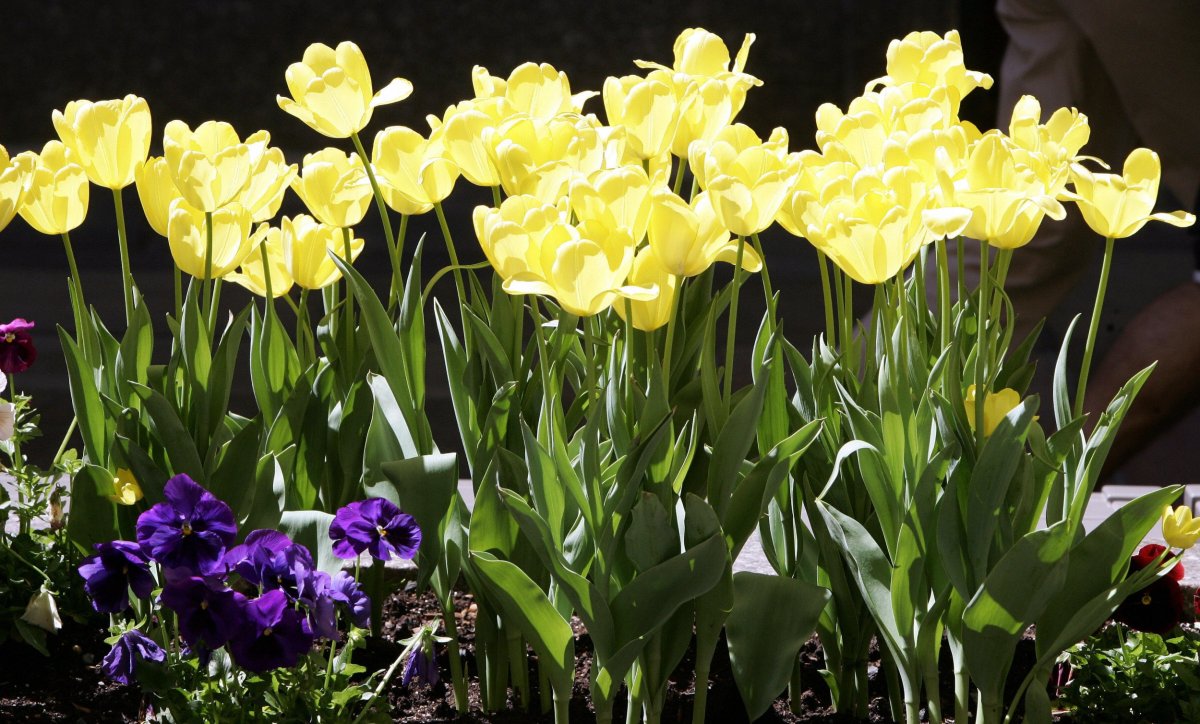Spring officially began Tuesday even though it may not feel like it in many parts of the country, with another winter storm threatening the northeastern United States.
The spring equinox, or vernal equinox, marks the beginning of the astronomical spring season and nearly equal hours of day and night. The day doesn't fall on the same exact date each year; rather, it can happen anytime between March 19 and 21 in the Northern Hemisphere.
The change in the date of the spring equinox each year has to do with the fact that every year is not exactly 365 days—it's actually closer to 365.25 days. The date also changes depending on the time zone and the hemisphere observers are in.

The equinox happens at the exact time the sun is directly above the equator. This year, for those in the Northern Hemisphere, that will happen at 12:15 p.m. EDT Tuesday.
This happens twice each year, on the spring and fall equinoxes in March and September respectively. While the equinox is one exact moment, it's usually celebrated throughout an entire day.
March's equinox marks the moment the sun passes over the celestial equator and the Earth begins its tilt in the direction of the sun, bringing the Northern Hemisphere into spring and then summer, and the Southern Hemisphere into autumn and then winter.
When the summer solstice, in June, begins, the Earth will have tilted toward the sun as far as it will, and the sun will be directly over the Tropic of Cancer, according to the National Weather Service.
After the summer solstice, the Earth has reached its maximum tilt and then begins to lean back until the Earth reaches the position of the fall equinox, when the sun is overhead once again.
Uncommon Knowledge
Newsweek is committed to challenging conventional wisdom and finding connections in the search for common ground.
Newsweek is committed to challenging conventional wisdom and finding connections in the search for common ground.
About the writer
Nina was a breaking news reporter. She previously worked at Business Insider, The Boston Globe, and Boston.com.
To read how Newsweek uses AI as a newsroom tool, Click here.








